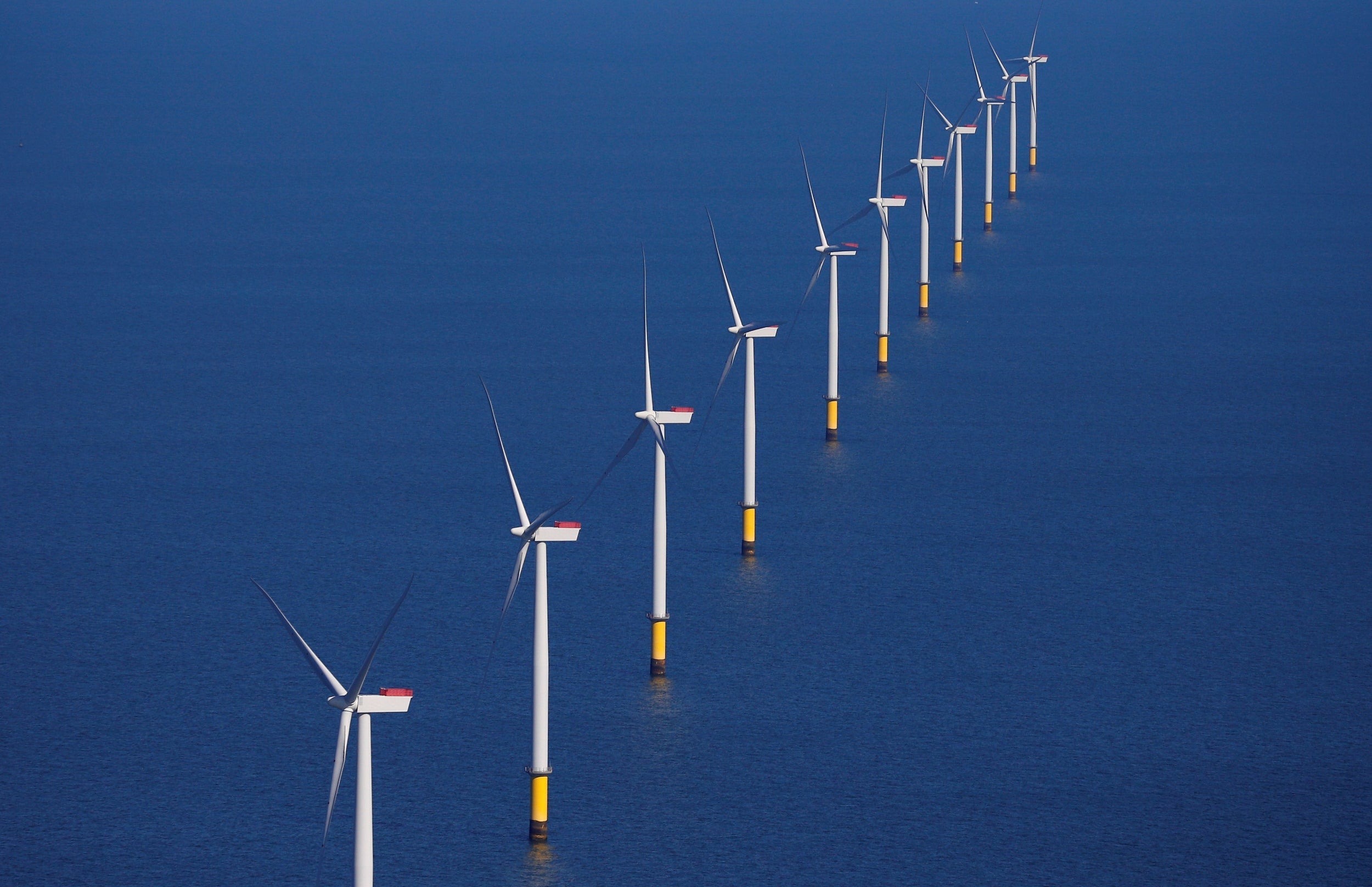The energy market is vital to the world’s green economic recovery
This pandemic has created new pressures for the energy industry and we need to work through them responsibly


Your support helps us to tell the story
From reproductive rights to climate change to Big Tech, The Independent is on the ground when the story is developing. Whether it's investigating the financials of Elon Musk's pro-Trump PAC or producing our latest documentary, 'The A Word', which shines a light on the American women fighting for reproductive rights, we know how important it is to parse out the facts from the messaging.
At such a critical moment in US history, we need reporters on the ground. Your donation allows us to keep sending journalists to speak to both sides of the story.
The Independent is trusted by Americans across the entire political spectrum. And unlike many other quality news outlets, we choose not to lock Americans out of our reporting and analysis with paywalls. We believe quality journalism should be available to everyone, paid for by those who can afford it.
Your support makes all the difference.The coronavirus pandemic has triggered a global health emergency and an unprecedented economic shock affecting the lives of billions of people.
Throughout this crisis the energy sector has been an unsung hero, with an army of workers helping to deal with the changing demands of households and businesses whose daily routines were rapidly turned upside down.
Now is the time to use the energy sector to help drive a global green economic recovery.
If countries act together, the effect will be even stronger on making our global economic recovery greener and more resilient: mobilising international investment, supporting global supply chains, and increasing economies of scale for clean and flexible energy technologies.
The UK has been leading the way, and will have invested £3 billion into low-carbon innovation and storage by 2021. In particular, the UK government has provided more support for offshore wind than any other country in the world, incentivising investment through the Contracts for Difference scheme.
All this means that the UK is now home to the world’s largest offshore wind farm, a great foundation for working towards the goal of securing a third of electricity from wind over the next ten years, on the road towards net zero by 2050.
However, capital spending in the power sector internationally this year is on course to drop by a record 10 per cent, according to new IEA analysis. There is a risk that investment will fall far short of what is needed for the future. This includes grids, battery storage and low-carbon electricity generation such as wind, solar, hydropower and nuclear plants.
The health crisis has created new pressures for the energy industry. With many factories and workplaces closed, it is no surprise that global electricity demand is set to fall this year by the largest amount since the Great Depression in the 1930s.
That is why the IEA and the UK government brought together government ministers and electricity industry CEOs from around the world on Friday to discuss how to chart a secure and sustainable path forwards.
We need to improve our economies for our citizens today while also standing them in good stead for tomorrow. And the energy industry will be vital in helping do that – creating the green jobs we need and the smarter energy systems that help lower carbon emissions.
Dr Fatih Birol is the executive director of the International Energy Agency (IEA)
Kwasi Kwarteng is the minister of state for business, energy and clean growth and the Conservative MP for Spelthorne
Join our commenting forum
Join thought-provoking conversations, follow other Independent readers and see their replies
Comments